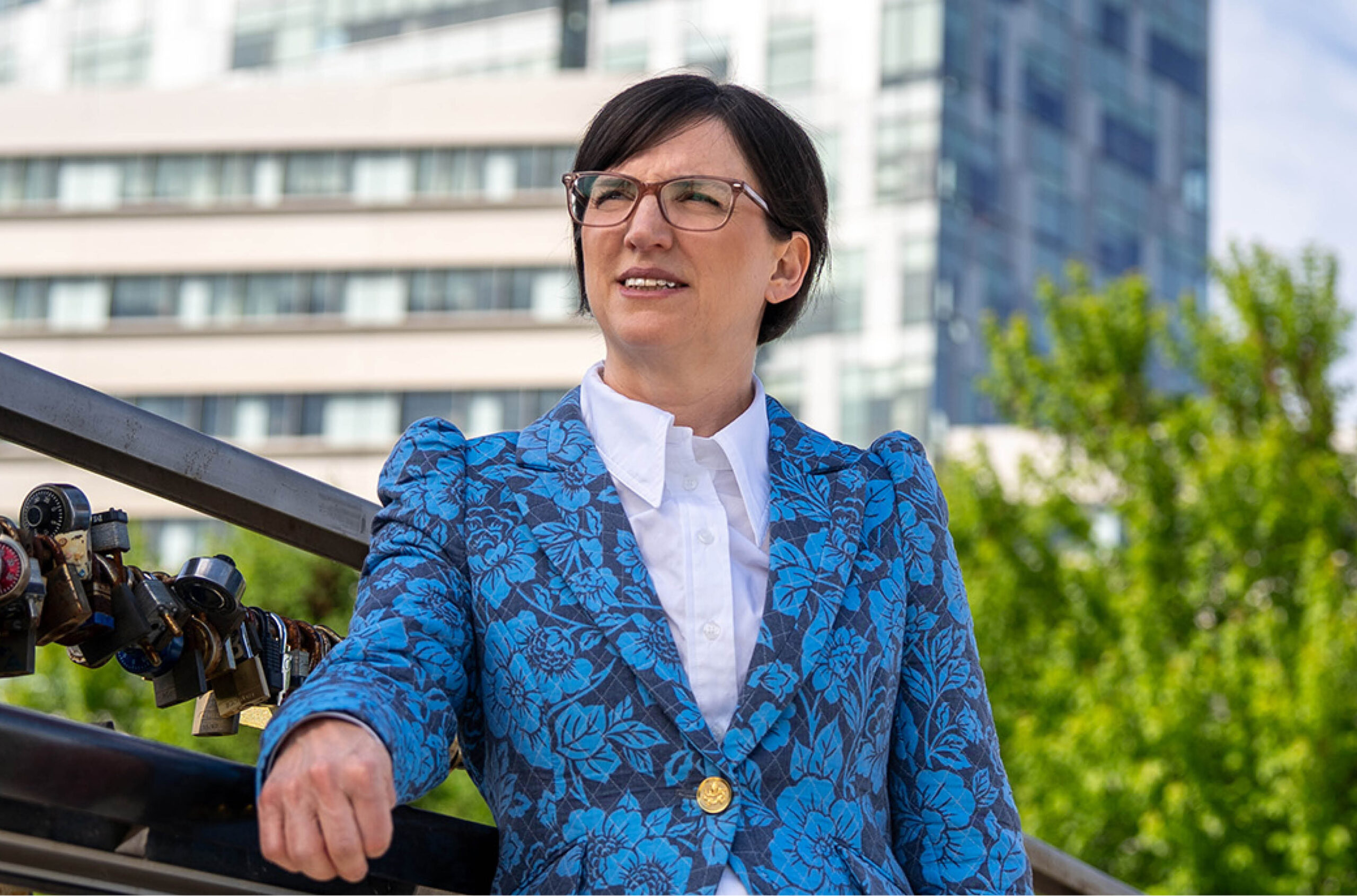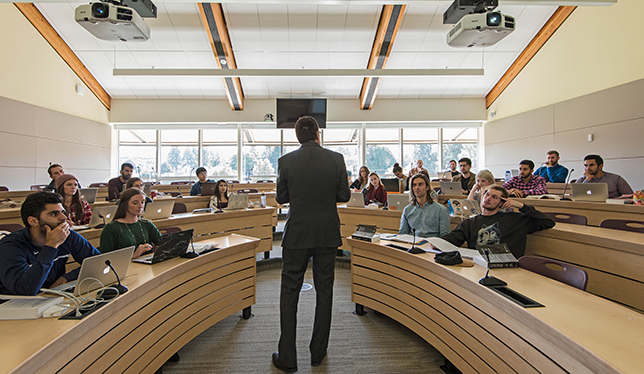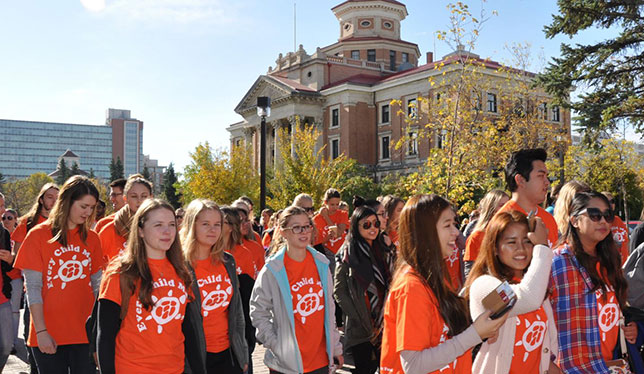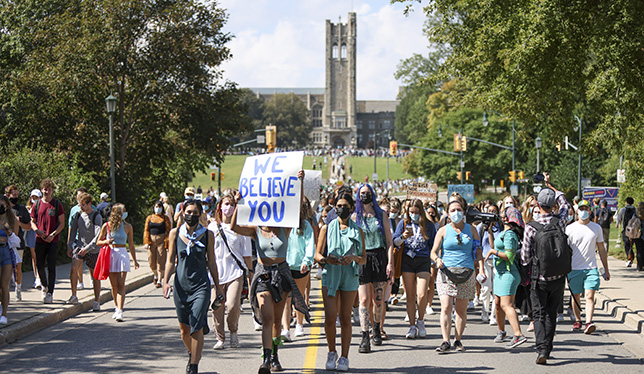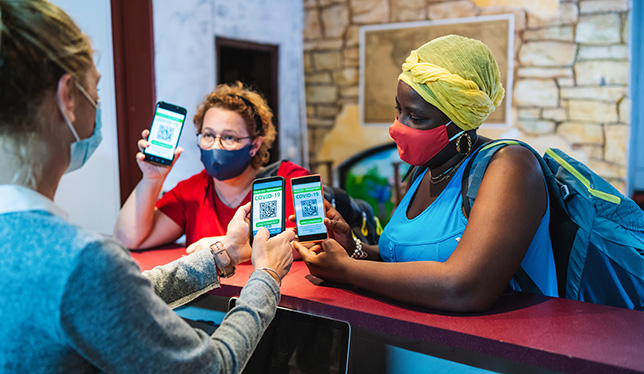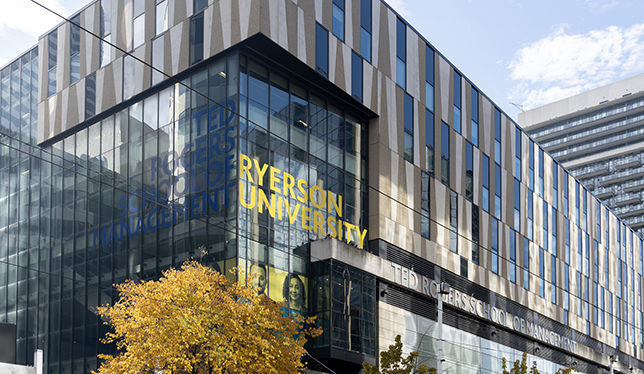-
Towards a more equitable syllabus
Women students in political science share what makes a syllabus feel fair and inclusive
-
Leveraging our research excellence
Understanding the complexities of commercializing curiosity-driven research.
-
How a Luddite learned to like teaching online
Looking back at the pitfalls and rewards of teaching on Zoom four years after the pandemic.
-
From flipped classroom to flipped thesis: A model for engaged graduate student research
Building stakeholder partnerships from the beginning of a thesis project is a great way to inspire meaningful knowledge mobilization from student research.
-
National Day for Truth & Reconciliation: universities and schools must acknowledge how colonial education has reproduced anti-Indigenous racism
Reconciliation in education begins by acknowledging how educational systems — in particular, our universities, teacher education programs and curricula — have reproduced systemic anti-Indigenous racisms across Canada.
-
Western University and other schools should cancel Frosh week to stop rape culture
Orientation week assaults persist because they are normalized as part of university culture.
-
Incivility is the new bullying in higher education
Hostile exchanges are quickly coming to the forefront of issues confronting human resources departments.
-
The high price of donations
Even when it doesn’t improperly interfere in academic searches and tenure files, some kinds of donor funding routinely threaten academic freedom in a range of ways.
-
Canadian colleges and universities can mandate COVID-19 vaccination without violating Charter rights
Campus mandates are not forced vaccinations. Mandates offer choices: receive or decline the vaccine.
-
‘Manager of the miscellaneous:’ why you need a business administration partner
This person acts as a cross-functional integrator who translates strategic vision into executables and infrastructure.
-
‘Goodreads’ readers #ReadWomen, and so should university English departments
The social network website Goodreads provides insight into what some women are reading.
-
Juggling academia and parenting in the fourth wave
The lack of any structural acknowledgement about the toll that COVID is taking on parents and caregivers is a grave failing at the institutional level.
-
Other duties as assigned?
Universities need people, policies and protocols that take into account how to support the success of BIPOC students from an equity, not equality, perspective.
-
Ryerson’s reputational crisis: what to do about its namesake and his legacy
Ryerson University needs to embrace an approach that prioritizes the public interest and truly listens to public conversations about decolonization.




